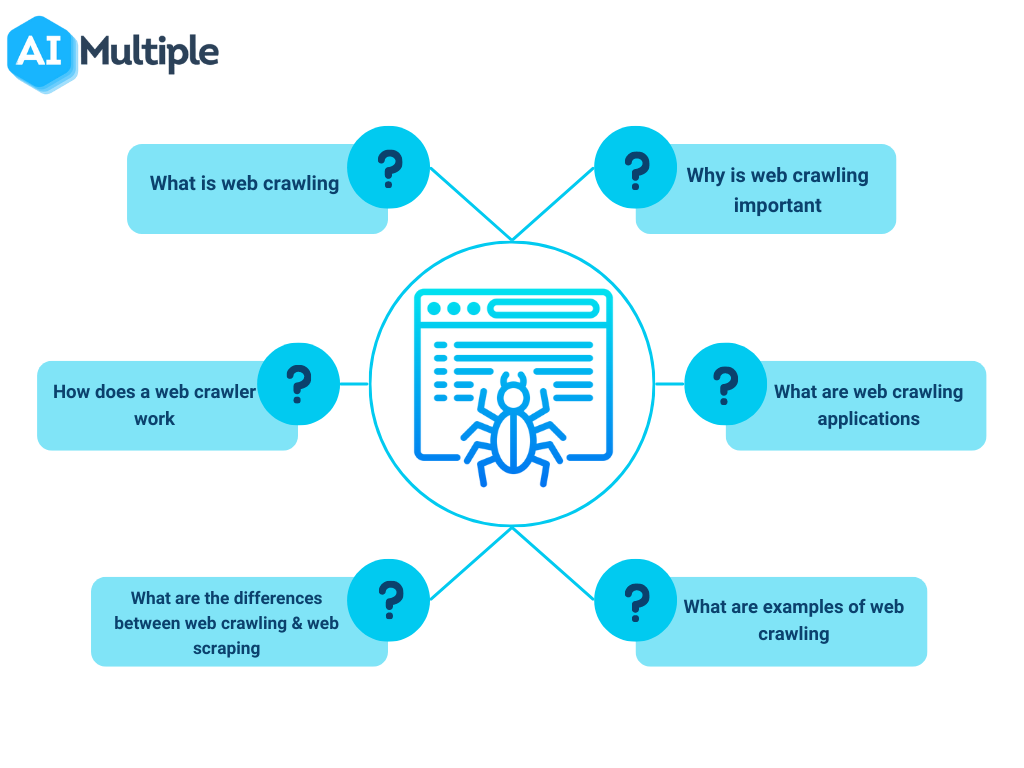Listcrawler Fort Worth Texas: The term conjures images of unseen digital agents scouring the internet for personal and business data within the city limits. This practice, known as listcrawling, raises significant concerns regarding data privacy and security. From real estate listings to business directories, numerous online resources in Fort Worth contain valuable information that could be misused if harvested improperly.
ListCrawler Fort Worth Texas offers a powerful tool for navigating local online classifieds, but its reach doesn’t extend to all areas. For those seeking pets in the Ohio region, a resource like craigslist pets cincinnati provides a valuable alternative. Ultimately, the best tool depends on geographic location; ListCrawler remains a strong contender for Texas users.
This investigation delves into the methods, legal implications, and potential consequences of listcrawling within the Fort Worth area.
Understanding the potential targets of listcrawlers – residential addresses, business contact details, and property records – is crucial. Publicly accessible online databases and websites serve as fertile ground for this activity. The legal and ethical ramifications are significant, with potential violations of privacy laws and ethical codes of conduct. This article explores the vulnerabilities exploited by listcrawlers, outlining crucial security best practices and countermeasures to protect sensitive data from unauthorized access.
Understanding “Listcrawler Fort Worth Texas”
The term “listcrawler” in the context of Fort Worth, Texas, refers to the automated process of extracting data from online lists and databases. This data could range from publicly accessible information to more sensitive details. The activity is driven by software programs designed to scan and collect this information, often without explicit permission.
For instance, a real estate listcrawler might target websites displaying property listings, gathering data like addresses, prices, and owner contact information. In a business context, a listcrawler could target online business directories to collect contact details, operating hours, or even employee information. The implications of listcrawling can vary widely, from benign market research to serious breaches of privacy and security.
Examples of Listcrawler Usage
Listcrawlers can be used for various purposes, both legitimate and illicit. Legitimate uses might include market research, lead generation for businesses, or compiling contact information for mailing lists. However, malicious actors could use listcrawlers to gather personal data for identity theft, phishing campaigns, or targeted harassment. In Fort Worth, a listcrawler might target publicly accessible property records to identify potential targets for scams or burglaries.
Potential Implications of Listcrawling, Listcrawler fort worth texas
The potential implications of listcrawling in Fort Worth are significant. For individuals, it could lead to identity theft, fraud, stalking, or harassment. For businesses, it could result in reputational damage, financial losses, or competitive disadvantage. The city itself could face challenges related to public safety and infrastructure if sensitive municipal data is compromised.
Types of Lists Targeted by Listcrawlers in Fort Worth
Various types of lists are susceptible to listcrawling in Fort Worth. These lists contain valuable information that can be misused. Publicly accessible online resources are often targeted due to their ease of access.
| List Type | Data Included | Potential Source | Security Risks |
|---|---|---|---|
| Residential Addresses | Name, address, property details | County property tax assessor websites, real estate portals | Identity theft, stalking, targeted burglaries |
| Business Contact Information | Business name, address, phone number, email, website | Online business directories, Chamber of Commerce websites | Phishing attacks, spam, targeted marketing abuse |
| Property Records | Owner name, address, property value, tax assessments | County appraisal district websites | Fraudulent property transactions, targeted scams |
| Voter Registration Records | Name, address, party affiliation | County election websites (partially public) | Voter intimidation, targeted political campaigns |
Legal and Ethical Implications of Listcrawling in Fort Worth: Listcrawler Fort Worth Texas
The legal and ethical considerations surrounding listcrawling are complex. Scraping data from websites or databases without explicit permission often violates terms of service and may constitute copyright infringement. Collecting and using personal information obtained through listcrawling raises serious ethical concerns regarding privacy and data protection.
Texas law, like federal law, offers some protections under statutes related to data privacy and unauthorized access to computer systems. However, the specific legal framework applicable to listcrawling depends on various factors, including the nature of the data collected, the method of collection, and the intended use of the data. Navigating this legal landscape requires careful consideration of relevant state and federal regulations.
Security Risks Associated with Listcrawling in Fort Worth
Exposing data through online lists creates several security vulnerabilities. Listcrawlers can exploit these vulnerabilities to gain unauthorized access to sensitive information. Effective security measures are crucial to mitigate these risks.
- Data breaches leading to identity theft and financial losses.
- Exposure of sensitive business information to competitors.
- Compromised personal information leading to harassment or stalking.
- Disruption of critical infrastructure through data manipulation.
Security best practices include implementing robust access controls, encrypting sensitive data, regularly updating software, and monitoring network traffic for suspicious activity.
Countermeasures Against Listcrawling in Fort Worth

Source: oflox.com
Protecting sensitive data from listcrawlers requires a multi-faceted approach encompassing technical measures and strategic data management practices. Early detection and response mechanisms are also critical.
Technical countermeasures include implementing robots.txt files to restrict web crawler access, using CAPTCHAs to deter automated scraping, and employing web application firewalls (WAFs) to detect and block malicious traffic. Regular security audits and vulnerability assessments are also essential.
Illustrative Example: A Hypothetical Listcrawling Scenario in Fort Worth
Imagine a listcrawler targeting a Fort Worth real estate website to collect addresses of luxury homes. The crawler uses automated scripts to scrape property listings, extracting addresses, owner names (if available), and property values. This data is then compiled into a database and potentially sold to a marketing firm or used for targeted scams.
- Prevention: Implementing robust robots.txt rules, CAPTCHAs, and regular security audits to identify and patch vulnerabilities.
- Mitigation: Monitoring network traffic for suspicious activity, promptly investigating data breaches, and cooperating with law enforcement if necessary.
- Response: Alerting affected homeowners, offering credit monitoring services, and taking legal action against the perpetrator.
Last Recap

Source: aimultiple.com
The threat of listcrawling in Fort Worth, Texas, underscores the urgent need for robust data protection strategies. While publicly available information presents challenges, implementing stringent security measures, both technical and procedural, is paramount. Vigilance, proactive data management, and awareness of the legal landscape are key to mitigating the risks associated with data scraping and ensuring the privacy and security of sensitive information within the Fort Worth community.
Ignoring these risks could lead to significant financial and reputational damage, emphasizing the importance of prioritizing data protection.
